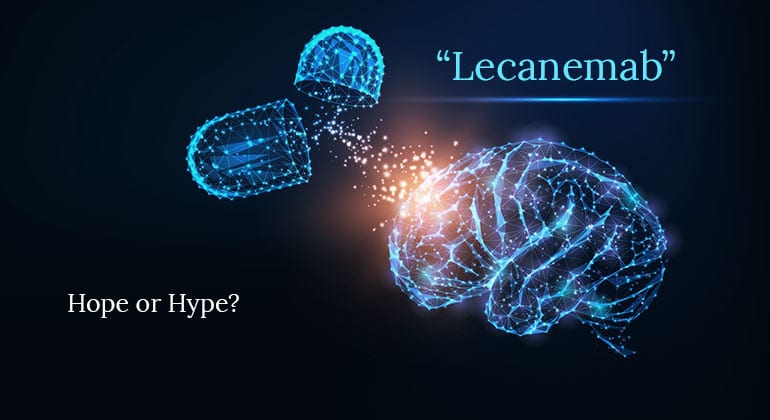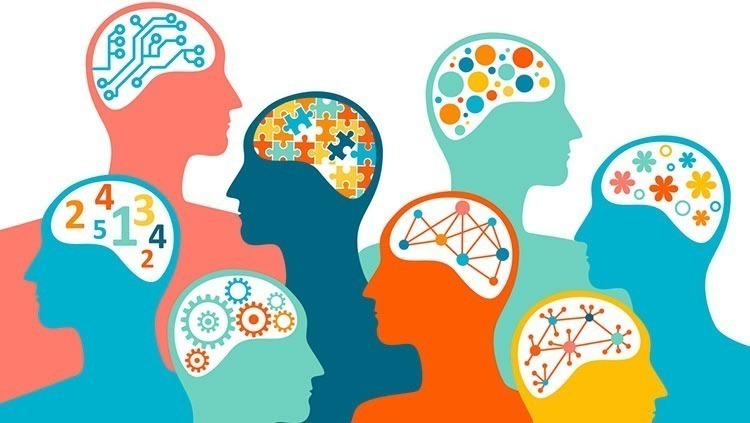Posts Tagged ‘anti-amyloid drugs’
Should doctors prescribe Leqembi (lecanemab) to women with early Alzheimer’s Disease? The evidence-based answer is probably No
Welcome to a new edition of SharpBrains e‑newsletter, featuring this time a range of interventions for brain/ cognitive/ mental health plus a few brain teasers to test our perception and cognitive skills. #1. Should doctors prescribe lecanemab (Leqembi) to women? The answer, given available evidence, is probably No Huge (and mostly overlooked) red flag regarding newly…
Read MoreOn the 7 Habits of Highly Stress-Resilient Minds, cognitive screenings, anti-amyloid drugs, and more
Welcome to a new edition of SharpBrains e‑newsletter, this time covering the latest developments in stress research, meditation, virtual reality, anti-amyloid drugs, cognitive screenings, and more. #1. The 7 Habits of Highly Stress-Resilient Minds “Anything worth doing will have aspects of stress woven through: challenge, discomfort, risk. We can’t change that. But what we can change is…
Read More

